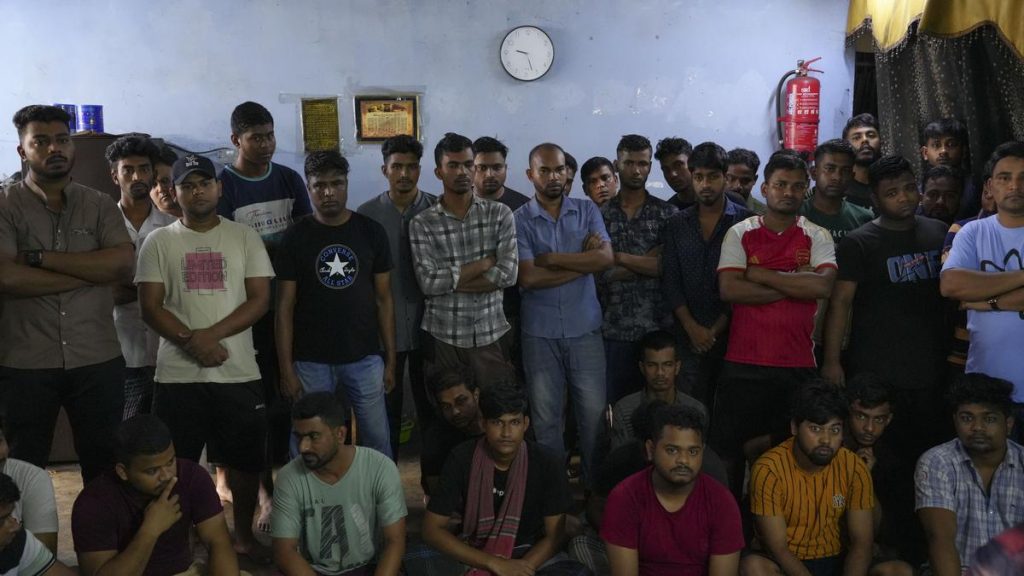More than 280 Bangladeshi migrant workers in Malaysia are seeking justice and compensation after being left unpaid for up to eight months by their former employer, Kawaguchi Manufacturing. The company, which produced plastic parts for major Japanese companies like Sony, Panasonic, and Daikin, abruptly shut down late last year, leaving workers stranded and in deep debt.
The factory, located in Port Klang—Malaysia’s busiest port city—reportedly owed the workers over 3 million ringgit (around $694,000), but they have so far received only about $58,000. Many of the affected workers borrowed large sums, up to $5,000 each, to secure their jobs through recruitment agencies. These debts have pushed them into what advocates describe as modern slavery conditions.
Workers claimed they were forced to work 24-hour shifts without breaks, had no paid overtime, and often worked on holidays. They also said their passports were taken, housing was inadequate, and visa renewals were delayed. After Kawaguchi closed, many workers were forcibly moved to other job sites and kept in poor living conditions, such as shipping containers used as dormitories.
Sony and Panasonic cut ties with Kawaguchi after learning about the abuse. Meanwhile, the Malaysian government took months to grant the workers permission to change jobs. Though some have since found new employment, they are still battling high-interest loans and unpaid wages.
Labour activist Andy Hall, who is assisting the workers, said their situation remains dire. Companies like Panasonic and Daikin have agreed to help cover around $1.3 million in recruitment costs. However, this amount does not include loan interest rates, which can go up to 30%, and many workers have already defaulted on their loans.
Efforts are ongoing to seek additional compensation. The workers’ lawyer, Terry Collingsworth from International Rights Advocates, has contacted Sony and Panasonic, urging them to honor their human rights pledges by supporting the affected workers. A letter sent to the companies emphasized that the workers are not asking for the firms to admit wrongdoing, but to take action to help remedy the harm caused by their supplier.
This case highlights the broader problem of migrant exploitation across Southeast Asia. Workers from countries like Bangladesh, Myanmar, and Nepal continue to be funneled into labour-intensive industries under harsh conditions. Climate change, job scarcity, and expensive recruitment systems have only worsened their vulnerability.

